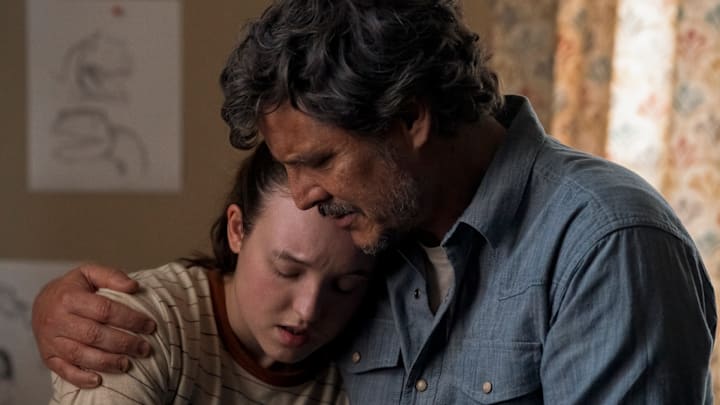We've come to the end of The Last of Us season 2 and, as much as all of us viewers felt throughout it, it's hard not to feel like it went around just a little bit too quickly. The HBO series returned to screens in April for its second season and it wasted little time in destroying us like it did in its first season back in 2023, but this time we were a mess by episode 2. It's no surprise given that it was adapting the events of The Last of Us Part II (which was notorious for destroying gamers' emotions), and a series as traumatic as this one needed just a little bit more time for aftermath.
The second season of The Last of Us runs for just seven episodes. That's two shorter than the first season's episode count of nine. That's quite ironic as the first season was initially expected to have the traditional 10 episodes that we've come to expect from big-budget streaming and cable shows. And although there were times that it felt like it could have benefitted from that tenth episode just to allow for a little more world-building, it accomplished what it needed to - making for a practically perfect season of television. Season 2 was a little more uneven.
A season of eight episodes would have allowed for more aftermath
The big event that so many viewers knew would be happening came in the second episode of the season. Joel Miller, Ellie's protector and father figure, was brutally killed by Abby, who was seeking revenge on him after he killed her father five years prior (the surgeon who was set to operate on Ellie and save humanity from the cordyceps infection). It was every bit as heartbreaking and even more violent than viewers had predicted, but - as they did all predict - it brought the show to its expected crossroad: How does it go on without Joel?
Ellie was always a main character on the show so that it managed to place the sole focus on her pretty easily. Distraught over Joel's death and driven by her own quest for vengeance on Abby, there is a story there that we all saw coming, and The Last of Us had adapted it well (while Bella Ramsey has been fantastic). And yet, it still feels like the show just hasn't had enough time to focus on some real, true aftermath.

Joel died in episode 2 and by the time the finale rolled around Ellie's quest for revenge is well underway at this point (she's now hot on Abby's trail and that will no doubt lead to a game-changing third season). That's also taking an emotional rollercoaster of a flashback episode (that should very well earn Pedro Pascal all the award nominations) into account. And then, just like that, the season is almost over.
We get it: The seventh episode of the season was chosen by the creative team as the natural breaking point in the story. The show is returning for a third season and there are already rumors of a fourth one to wrap it all up; those are all meant to adapt The Last of Us Part II. There had to be a point where the writers chose to end this part of the game's story so that the rest of it could be saved for future seasons. We're not saying that this needed to be changed.
What we are saying is that, by having an eighth episode, The Last of Us would have simply benefitted from being able to spend more time with its core characters as they all mourned the death of Joel. Ellie is obviously at the forefront of the story and the show has done a great job of exploring how the loss of Joel has driven her towards seeking revenge but it might have also benefitted from allowing us to spend more time with the character in her quieter moments. The same could be said for characters like Tommy, who hasn't been used or seen enough in the back half of the season.
An eight-episode run has become the new standard for cable and streaming TV shows. HBO is particularly familiar with that number, as recent hits like House of the Dragon and The Penguin adopted that format. The Last of Us season 2 would have benefitted from doing the same while still allowing its story end in the same place.
